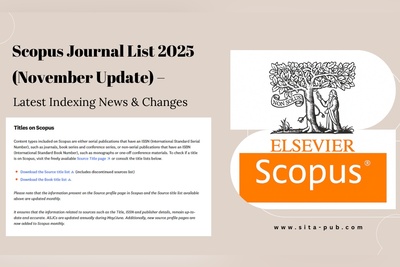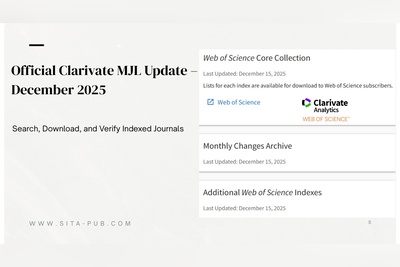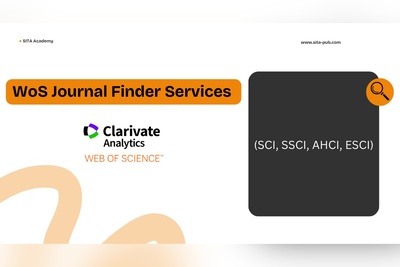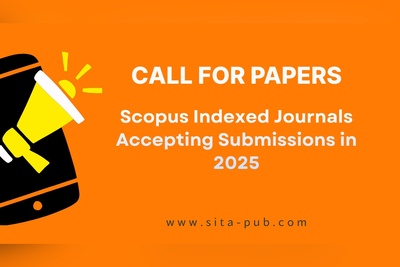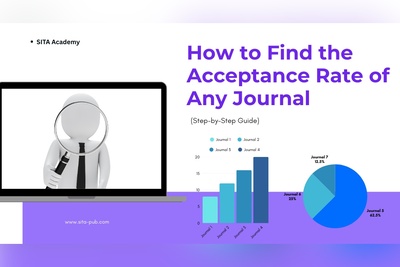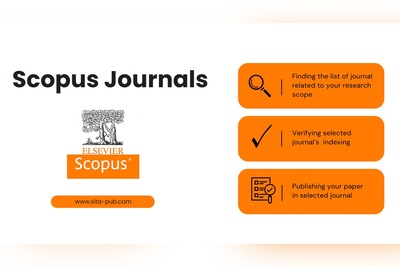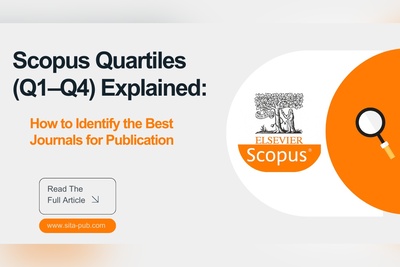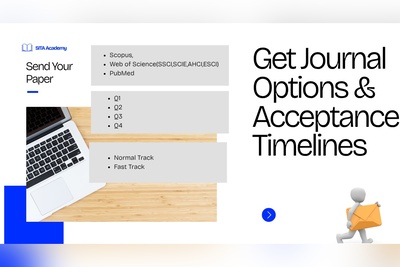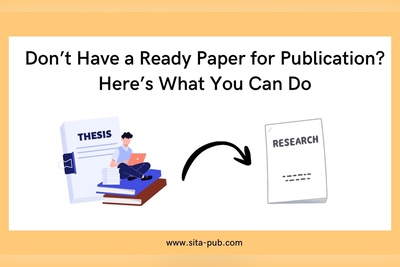Malaysia PhD Programs – Scopus and ISI Publication Assistance
Discover how to meet Malaysian PhD and postgraduate publication requirements. Learn about Scopus, WoS, and ISI-indexed journals, university-specific guidelines, and practical assistance to get your research published successfully.
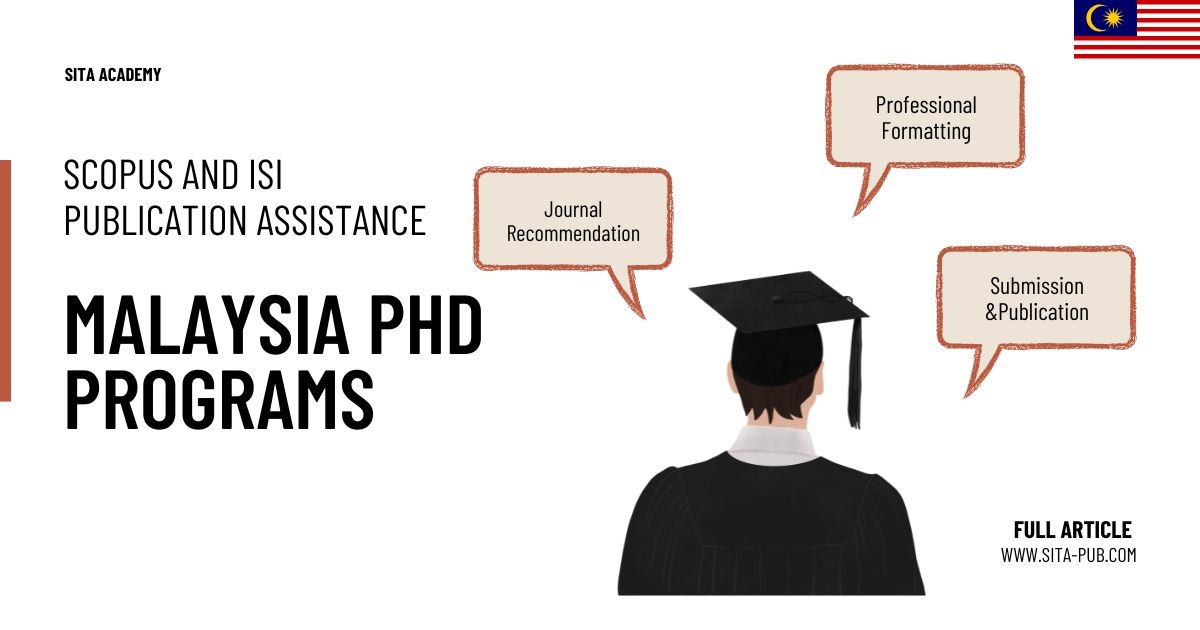
Pursuing a PhD in Malaysia is an exciting and rewarding journey. However, one of the unique challenges faced by postgraduate students in Malaysia is the mandatory publication requirement. Many universities will not confer a doctoral degree until the student has published one or more research papers in reputable journals — often Scopus or Web of Science (WoS/ISI).
While the core idea is the same across the country, each Malaysian university has its own specific rules. Some may require one or two articles, others may ask for book chapters in addition to journal papers, and in many cases, the work must be indexed in Scopus or WoS databases. Requirements also vary in terms of authorship (e.g., whether the student must be the first author) and the type of publication accepted (research article, review article, or book chapter). This makes it essential for students to carefully check the guidelines of their specific university and programme to avoid last-minute surprises.
This requirement ensures that Malaysian PhD graduates contribute to global knowledge and meet international research standards. At the same time, it can also be a major stress point for students struggling with journal selection, formatting, or rejections.
Why Publication is Required for Most PhD Programs in Malaysia
Many universities worldwide encourage publication, but in Malaysia, it is a formal graduation requirement. This policy ensures:
Research quality meets international benchmarks.
Students learn the process of peer review and academic publishing.
Malaysian universities improve their global rankings by increasing indexed publications.

This means that even if your thesis is excellent, you cannot graduate without proof of accepted journal articles.
University-Specific Publication Requirements in Malaysia
1. KITA – Universiti Kebangsaan Malaysia (UKM)
The Institute of Ethnic Studies (KITA-UKM) has evolving requirements since 2011.
Master in Ethnic Studies:
Initially (2011/2012): 1 refereed journal article.
From 2012/2013: 1 article in ISI/Scopus indexed journal.
From 2014/2015: 1 article in ISI/Scopus/ERA indexed journal or prominent journal.
From 2019/2020: 1 article indexed in Scopus/WoS/ERA, UKM Press, MyJurnal, or book chapter with WoS-listed publishers.
PhD (Ethnic Studies):
Initially (2011/2012): 2 refereed journal articles.
From 2012/2013: 2 articles in ISI/Scopus indexed journals.
From 2014/2015: 2 articles in ISI/Scopus/ERA indexed journals or prominent journals.
From 2019/2020: 2 Scopus/WoS indexed journals OR 1 Scopus/WoS article + 1 publication in UKM Press/MyJurnal/book chapter (WoS-listed publisher).
In short: Current PhD students at KITA-UKM must publish at least two papers in Scopus or WoS journals before graduation.
2. International Islamic University Malaysia (IIUM)
According to the Postgraduate Regulation (Revised 2022), PhD students must achieve a minimum Publication Equivalence (PE) score of 2.
How PE Works:
Indexed Journal = 1 point.
Non-Indexed Journal = 0.7 point.
Indexed Conference Proceedings = 0.6 point.
Posters / Non-indexed conference = 0.3 point.
PhD by Research: Must achieve PE = 2, with at least 1 paper in an indexed journal.
Engineering Faculty: Stricter — PhD by Research requires 2 indexed journal papers.
In short: PhD students at IIUM must publish at least two indexed journal articles (Scopus/WoS) to graduate.
3. Universiti Kebangsaan Malaysia (UKM – General)
For UKM as a whole (not only KITA):
Master’s Students:
From 2014–2018: 1 Scopus/ISI indexed article required.
From 2018 onwards: 1 Scopus/WoS indexed article required.
From 2019 onwards: 1 WoS indexed article required.
PhD Students:
From 2014–2018: 2 Scopus/ISI indexed articles required.
From 2018 onwards: 2 Scopus/WoS indexed articles required.
From 2019 onwards: 2 WoS indexed articles required.
In short: Current PhD students at UKM must publish two WoS-indexed journal papers.
4. Universiti Malaya (UM)
Universiti Malaya has strict but clear guidelines for publication:
Acceptable Publications:
Journal articles indexed in WoS, Scopus, or MyCite (Malaysian Citation Index).
Books from recognized publishers (WoS-listed, MAPIM, UM publishers).
Authorship Rules:
The supervisor must be co-author (preferably corresponding author).
The student should be first author or at least the first student author.
One article cannot be shared by multiple students.
Other Requirements:
Articles must relate to the thesis topic.
Must include university affiliation.
Blacklisted journals (predatory publishers, e.g., Beall’s List) are strictly rejected.
In short: UM requires at least one Scopus/WoS/MyCite indexed article (research or review) before thesis submission.
Challenges Faced by Malaysian PhD Students
While the requirements are clear, students often face practical problems:
Finding the right journal: Avoiding predatory journals and targeting the right Scopus/WoS journals.
Formatting & guidelines: Each journal has unique submission rules that can take weeks to prepare.
Plagiarism issues: Even unintentional similarity can cause rejection.
Language quality: Non-native English writing often leads to desk rejection.
Time pressure: Students must publish before viva or graduation deadlines.

Scopus and ISI Publication Assistance
Publishing in Scopus and ISI-indexed journals is often a mandatory requirement for Malaysian postgraduate and PhD programs. These journals are recognized internationally for their academic quality and rigorous peer-review process. However, navigating the submission, formatting, and publication process can be challenging, especially for non-native English speakers or first-time authors.

At SITA Academy, we provide comprehensive support to help you successfully publish your research in high-impact journals. Our services include:
Journal Selection and Recommendation: We help you identify journals that are the best fit for your research topic and academic goals, ensuring your paper aligns with the journal’s scope and standards.
Professional Formatting: We format your manuscript according to the target journal’s guidelines, including structure, references, figures, and tables.
Cover Letter Preparation: We craft persuasive and professional cover letters that highlight the significance of your study and increase your chances of acceptance.
Plagiarism Checking and Removal: We ensure your manuscript is original and meets the strict plagiarism standards required by Scopus and ISI journals.
Native English Editing: Our expert editors refine your manuscript for clarity, grammar, and academic tone, making it publication-ready.
Submission Handling and Beyond: We guide you through the entire submission process and offer support until your paper is accepted and published.
Get Assistance for Your Publication
Need help navigating the publication process? Contact our specialists today via WhatsApp, Telegram, Email, or Facebook to learn more about the full range of services we offer. Our team is ready to guide you through journal selection, formatting, editing, plagiarism checks, and submission, ensuring your research gets the recognition it deserves.
Verified Contact Channels
If you have any questions, inquiries, or would like to learn more about our services, please don't hesitate to reach out to us. Our dedicated team is ready to assist you.





